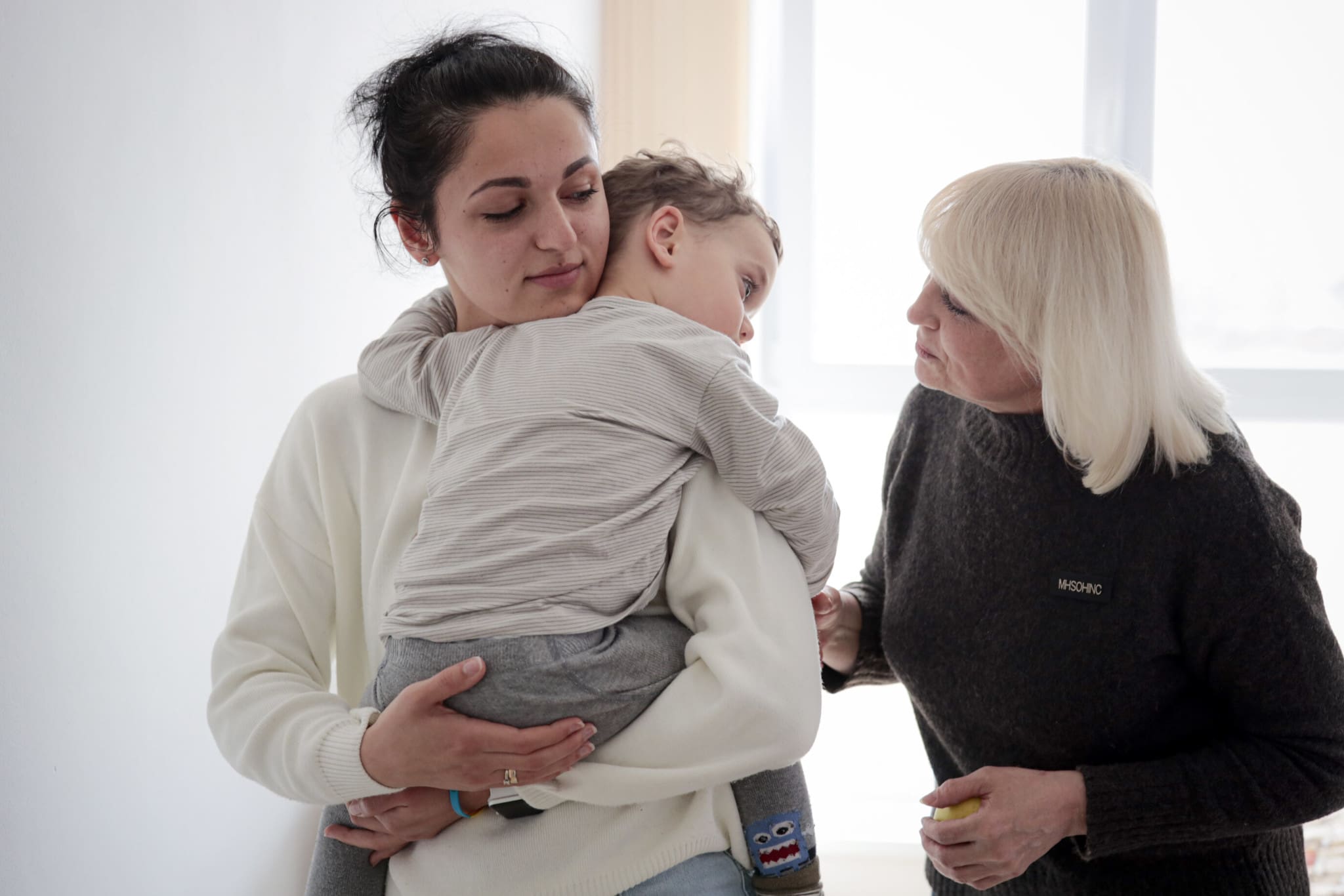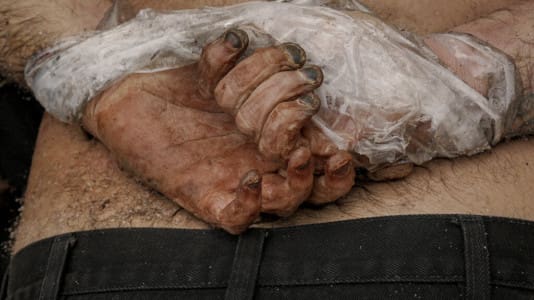Hundreds of thousands of Ukrainian refugees may want to stay in the Czech Republic after the end of the Russo-Ukrainian conflict, with Czech Interior Minister Vít Rakušan estimating as many as a third of current refugees may request to stay.
A sociological study by PAQ Research, focused on the integration of refugees, gave a similar figure, in addition to highlighting several other waves of migration that may materialize in the coming years.
Speaking to the Security Committee on Thursday, Rakušan revealed that the number of incoming refugees had been declining, however, according to him, this was not a reason for optimism.
“The bombing can start, then the waves will strengthen significantly again,” Rakušan said.
According to the minister, a “significant number” of current refugees will want to stay in the Czech Republic even after the war. According to him, historical experience stemming from other migration crises could be as much as one-third.
“It is necessary to discuss whether this represents an opportunity for the Czech Republic or whether it only means risk,” he told the committee.
Since the beginning of the Russian invasion, Czechia has granted special visas to more than 254,000 people fleeing the war. Those in the country can stay for one year, however, some politicians have discussed extending the visas for up to three years.
Rakušan explained that the interior ministry is set to develop a strategy for managing the migration wave, which will work with several scenarios, from 250,000 refugees in the Czech Republic up to 1 million. He added that he realistically expects between 500,000 to 550,000 refugees.
A joint study by PAQ Research and the non-profit research organization České priority, which deals with the effects of migration and especially the integration of Ukrainian refugees, assumes that other waves of migration will come, even after the end of the war.
“It is necessary to take into account both the original shockwave of refugees and the long-term waves expected from the devastated country,” the study read. “It seems possible that several waves of migration will arrive in the coming years. It will allow for those leaving the southern and eastern regions, which can be difficult during the war,” it added.
For example, the RAND study of more than 50 different conflicts found that, on average, more than 30 percent of refugees did not return within ten years.
“We can expect that a large number of refugees in the Czech Republic will stay for a longer period. Proper integration in housing, involvement of children in education, and use of qualifications in working life is a precondition for full participation of refugees in Czech society, which can be socially and economically beneficial in the long run,” the study suggested.
The country has set aside 300 million korunas (€12.3 million) for subsidies to municipalities and the non-profit sector for integration programs for refugees from Ukraine, such as teaching Czech and integrating refugees into community life. According to the U.N., more than 4 million people have fled Ukraine since the beginning of the Russian invasion on Feb. 24, with close to half of them passing through Poland.





